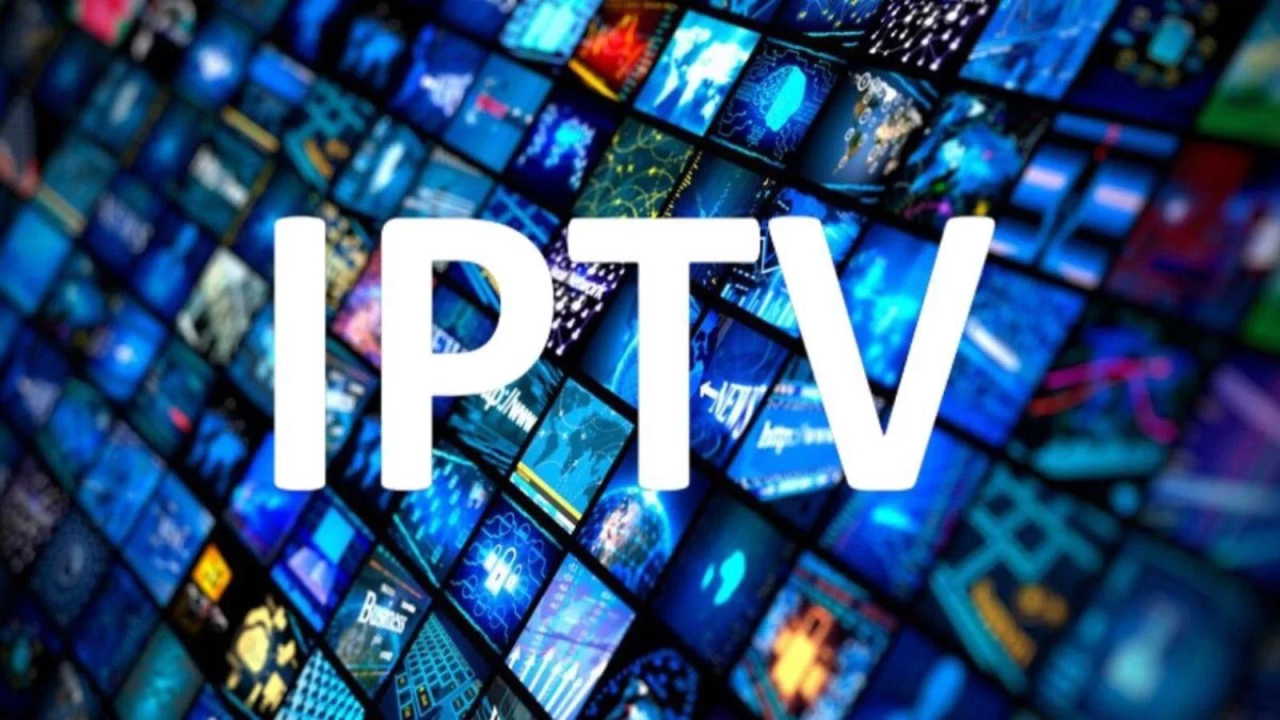In recent years, IPTV (Internet Protocol Television) has become a popular way to access television content in many countries, including France. As technology continues to evolve, the traditional ways of watching TV through cable and satellite have been gradually replaced by more modern, flexible options. IPTV offers viewers a way to stream live television, movies, and on-demand content through an internet connection, making it a key player in the entertainment landscape. This article explores IPTV in France abonnement iptv, its popularity, services, and legal aspects.
What is IPTV?
IPTV stands for Internet Protocol Television, which refers to the delivery of television content over the internet, instead of traditional satellite or cable formats. IPTV uses a broadband internet connection to stream television programs to devices like smart TVs, laptops, smartphones, and set-top boxes. The main appeal of IPTV is its ability to offer a large variety of channels, on-demand content, and the convenience of viewing content at any time, from almost anywhere.
How Does IPTV Work in France?
IPTV in France operates in a similar way to other countries, by delivering digital television signals over the internet. The infrastructure for IPTV includes a set-top box (sometimes integrated into smart TVs), which decodes the digital signals and converts them into video and audio content for your screen. The content is streamed through an internet connection, often using a protocol like HTTP or RTSP (Real-Time Streaming Protocol).
In France, IPTV services are typically offered by telecom companies, internet service providers, and dedicated streaming platforms. These services often include live TV, video-on-demand (VOD), and additional features such as catch-up TV (replaying missed broadcasts) and interactive television services.
Popular IPTV Providers in France
Several companies provide IPTV services in France, offering different packages with varying features. Here are some of the major IPTV providers:
-
Orange TV
Orange is one of the leading telecommunications companies in France, offering IPTV services through its “Orange TV” platform. It provides a wide range of channels, including national, international, and niche channels, as well as a large library of on-demand content. Orange also offers additional services like the ability to record shows, watch live events, and access premium channels like sports and movies. -
Freebox TV
Free, another major French internet service provider, offers Freebox TV as part of its Freebox broadband packages. Freebox TV boasts a large selection of channels, and its services come with options for international programming, interactive TV, and video-on-demand. Free is known for its affordable prices and good service quality. -
Bouygues Telecom
Bouygues Telecom also provides IPTV through its Bbox service. With Bbox TV, users can access a vast range of live TV channels, movies, series, and on-demand content. The platform supports interactive services, and users can access catch-up TV and recording features for added convenience. -
SFR TV
SFR offers IPTV through its SFR Box service. It provides access to numerous live TV channels, including major French broadcasters, international channels, and niche programming. SFR also offers premium content options such as Netflix, Canal+, and other on-demand services. -
Molotov TV
Molotov is a popular streaming service in France that offers free and premium IPTV content. While it doesn’t require a traditional broadband subscription, Molotov provides access to a wide range of live channels, including national and international networks. It offers flexibility for users to watch live TV or catch up on missed shows.
The Advantages of IPTV in France
-
Wide Selection of Content
One of the biggest advantages of IPTV in France is the sheer variety of content available. IPTV services provide access to local channels, international programming, sports events, movies, and more. Many providers offer packages that include premium channels like Canal+, Netflix, and Eurosport, catering to a wide range of tastes. -
Flexibility
IPTV services offer more flexibility than traditional TV providers. With IPTV, users can watch content on-demand, pause or rewind live broadcasts, and even record shows for later viewing. Catch-up TV allows viewers to access shows they missed during their original airing time. -
Portability
IPTV services can be accessed on a variety of devices, such as smartphones, tablets, laptops, and smart TVs. This portability makes it easier for viewers to enjoy their favorite content at home, at work, or while traveling. -
Cost-Effective
IPTV often offers more affordable options compared to traditional cable or satellite services. With multiple pricing tiers, users can choose a plan that fits their needs, without the commitment of long-term contracts.
Legal Considerations in France
While IPTV is widely used in France, there are legal considerations to be aware of. In general, IPTV services that are provided by licensed operators like Orange, Free, and Bouygues Telecom are fully legal. However, some unauthorized IPTV providers that offer pirated content or illegal streaming are also active in the market. Accessing these services can lead to penalties, as piracy is illegal under French law.
The French government has strict regulations regarding digital content, and authorities have cracked down on unauthorized IPTV services that distribute copyrighted material without proper licensing. It’s essential to ensure that any IPTV service you subscribe to is legitimate and complies with the legal framework to avoid legal issues.
The Future of IPTV in France
As technology advances and internet speeds improve, the future of IPTV in France looks promising. The increasing popularity of streaming platforms, coupled with the rise of 5G technology, will likely enhance the IPTV experience, offering even higher-quality streams and more interactive content. Additionally, more French viewers are shifting toward internet-based television as it provides greater flexibility, personalization, and convenience compared to traditional broadcast services.
